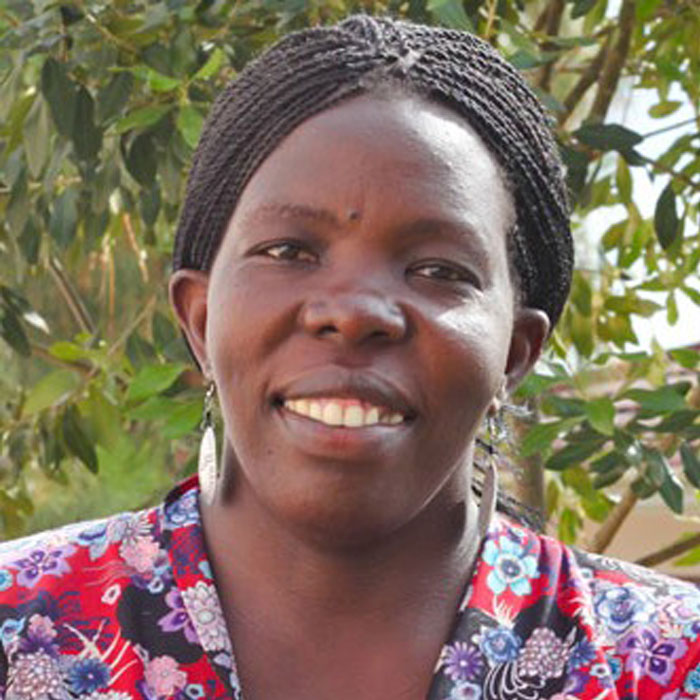
2015 Scale-Ups Fellow
Executive Director, AEST
Turning a waste product into a sustainable alternative to wood charcoal.
Website: AEST
Pilot Market: Uganda
Meet Scale-Ups Fellow, Betty Ikalany
Betty Ikalany is a social worker with more than 10 years of experience working with poor communities in East Africa. Betty holds a bachelor's degree in social work and social administration from Makerere University in Uganda and a master's degree in development studies with a specialization in women, gender, and development from the International Institute of Social Studies in the Hague, Netherlands. She is also an IDIN Network member, having participated in IDDS Tanzania in 2014. Betty is a mother of two whose satisfaction comes from helping others find a solution to their problems and seeing everyone happy.
The issue: 97% of Ugandans rely on firewood and wood charcoal that is detrimental to health, the economy, and the environment
In Uganda, the price of charcoal is steadily rising and firewood is becoming scarce, meaning some families are unable to cook more than one meal each day. Other fuel sources such as electricity, liquefied pertroleum gas and kerosene are far too expensive and unattainable for families living in poverty. Firewood and wood charcoal are also detrimental to the health of the families who use them, causing indoor pollution that can lead to respiratory problems and even death.
The solution: provide an alternative energy source made of groundnut husks, a common waste product in Uganda
AEST employs women and young people to recycle groundnut husks into smokeless charcoal briquettes: a clean and affordable source of fuel for cooking and heating at the household level in urban Uganda. This initiative not only provides clean fuel and new jobs, but also security to women and girls who before had to walk long distances to find firewood.
Betty and her team at AEST have built a motorized extruder from a meat grinder in order to increase production. Now, they hope to improve the machine even further to double current production, bringing AEST's outputs to three tons of charcoal each day.
Betty hopes to improve AEST's marketing and outreach efforts and to establish sales outlets for her charcoal briquettes to reduce the distance customers have to travel to purchase the product. AEST also plans to train more farmers in carbonizing the waste material that makes AEST charcoal briquettes possible.

